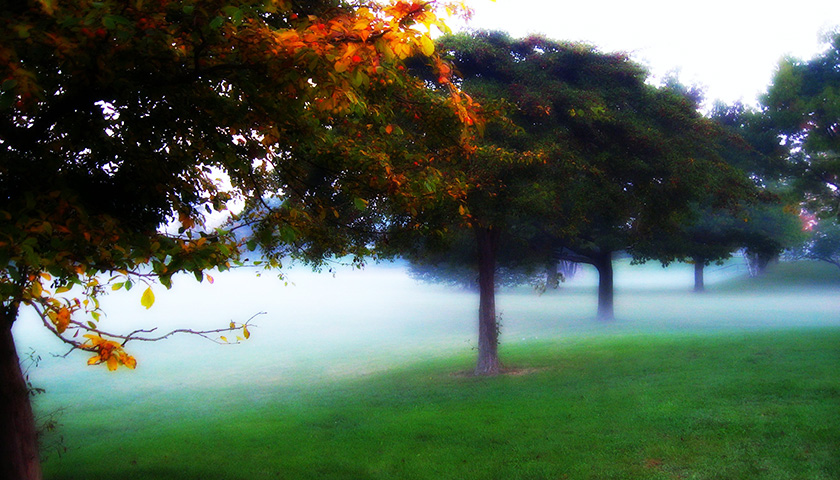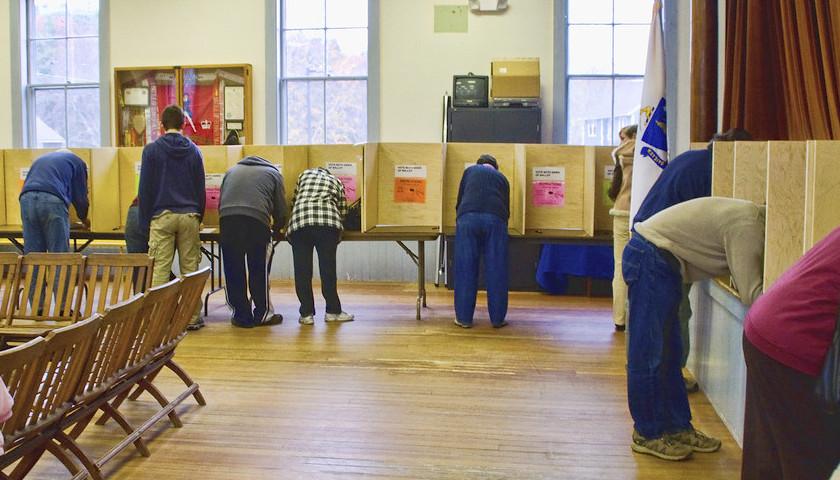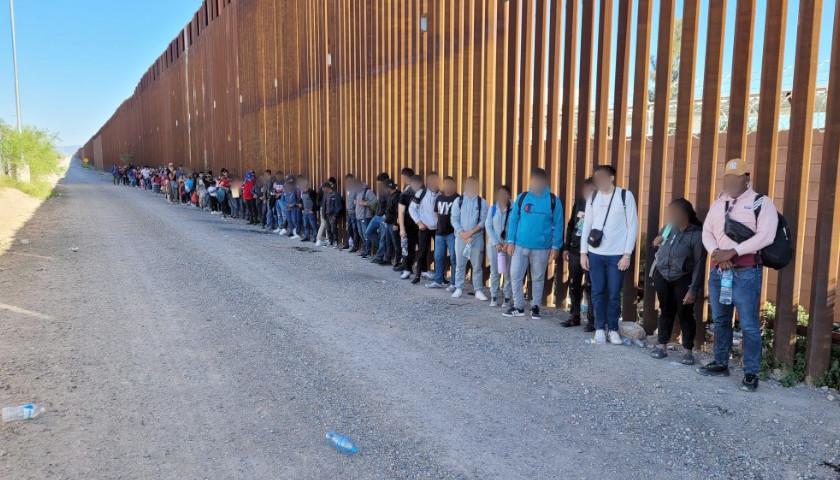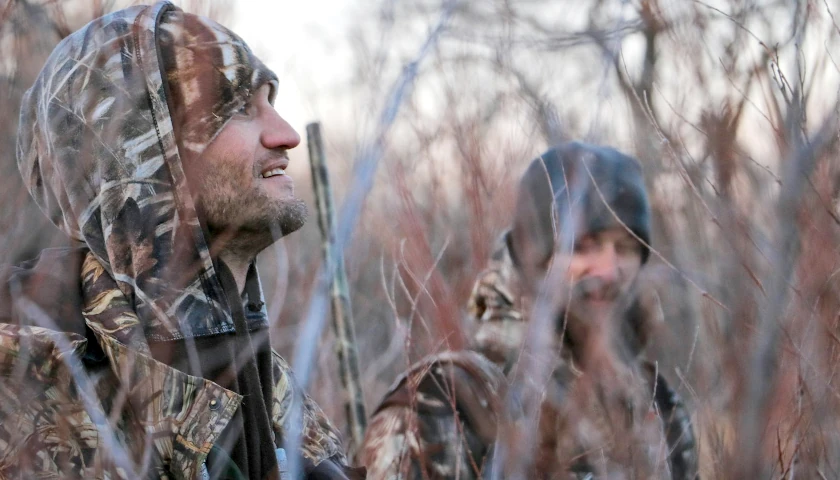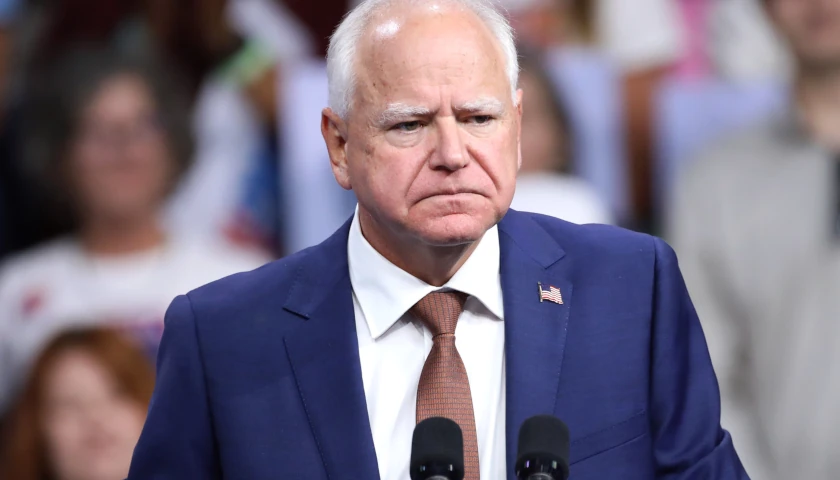by Benjamin Yount
Wisconsin’s new climate action report is a little thin.
The state’s Department of Natural Resources released the report on Tuesday. It recaps what Wisconsin has done to accomplish its climate change and environmental equity goals over the past year.
“Climate change and environmental equity are top priorities for the Wisconsin Department of Natural Resources. They are a natural extension of the department’s mission and role as a responsible steward of the state’s natural resources and environment for the benefit of all Wisconsinites,” the report states.
The three-page action report includes just three highlights.
“To reduce greenhouse gas emissions that cause climate change, it is important to know the current state of emissions and be able to measure changes over time. The DNR developed the state’s first greenhouse gas emissions inventory in 2020 to do just that,” the report noted.
DNR also bragged about its landfill survey.
“To reduce [methane] emissions, the DNR started an effort to discover how to reduce the amount of food waste going into Wisconsin landfills,” the authors wrote.
And DNR highlighted its effort to plant new trees in the state.
“DNR is leading the state’s commitment to the Trillion Tree Pledge, a collaboration with public, private and non-governmental partners,” the report added. “In the first year of the pledge, 2021, partners planted over 9.3 million seedlings.”
Ed Eberle, the Director of Environmental Policy at the Institute for Reforming Government, said the list is underwhelming.
“The so-called ‘climate action’ report is just the latest example of Gov. Evers’ willingness to pander to the fringes as opposed to pursuing strong public policy,” Eberle told The Center Square. “A feeble report that includes more social policy than it does science-based solutions, it’s clear that this administration is more focused on appeasing progressives than they are in finding real results.”
Eberle said there is work to be done at the state level about the environment and environmental policy, but he said the thin report from DNR misses the mark.
“Solutions to energy and climate needs are best solved when government works in tandem with the private sector to develop innovative reforms,” Eberle explained. “It’s clear in reading this politically-charged document that DNR is focused more on growing the size and scope of government than they are in addressing energy needs.”
– – –
Benjamin Yount is a contributor to The Center Square.
Photo “Mitchell Park Fog” by indykethdy. CC-BY-SA-2.0.

